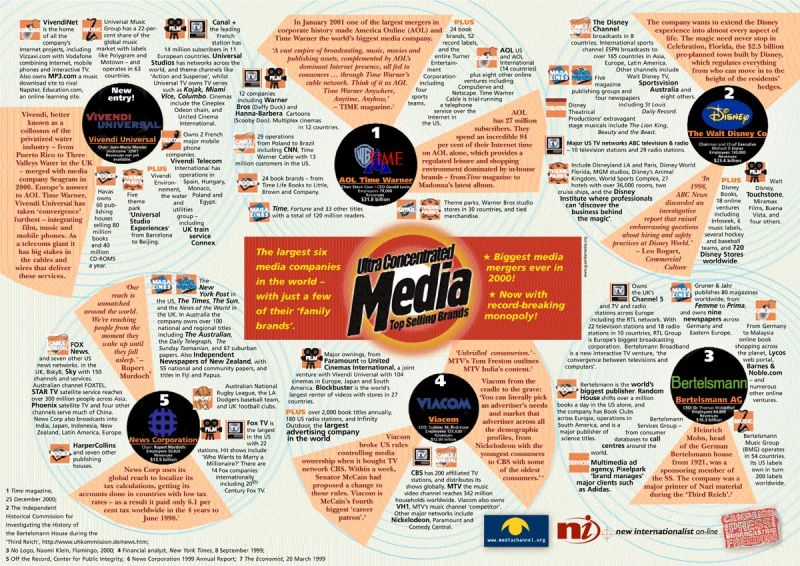Judge Roy Moore, the embattled Republican nominee for Alabama’s open U.S. Senate seat, must surely long for the good ole days, says Vincent R. Johnson, a law professor at St. Mary’s University, in a Nov. 19 op-ed for the San Antonio Express-News.
Until 1964, the American legal principles governing libel and slander were completely out of sync with the free speech and free press guarantees of the First Amendment.
First, a defamatory statement at that time was presumed to be false. The plaintiff did not have to prove falsity. Second, it made no difference how much care the speaker exercised. If the statement was false, strict liability was imposed. Third, certain statements were presumed to cause harm. Even if a plaintiff presented no evidence of actual losses, a jury could award a large amount of damages based simply on the nastiness of the utterance and the extent of its circulation.
All that changed with the 1964 New York Times v Sullivan case, Johnson notes.






